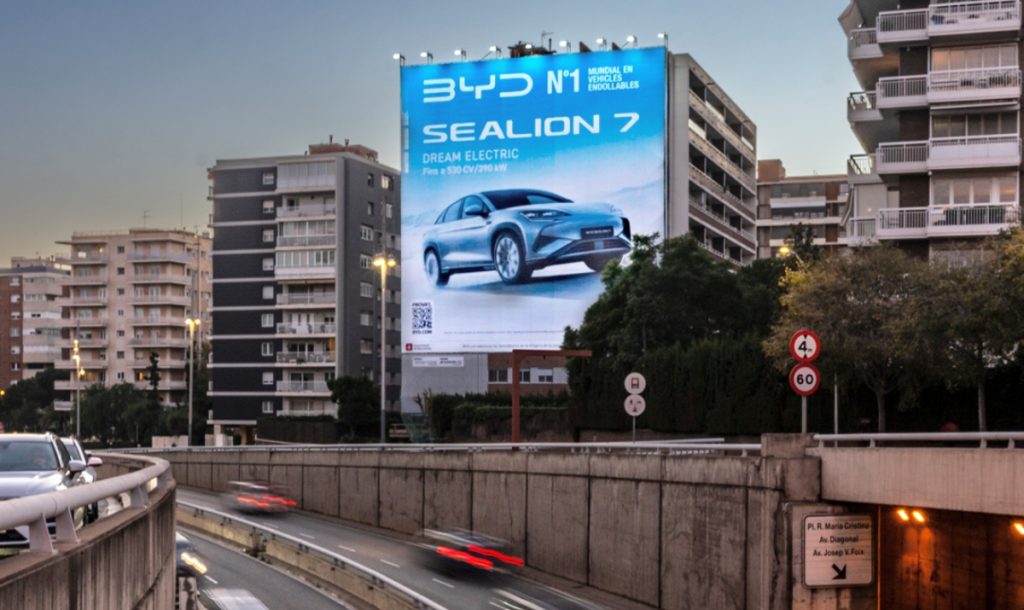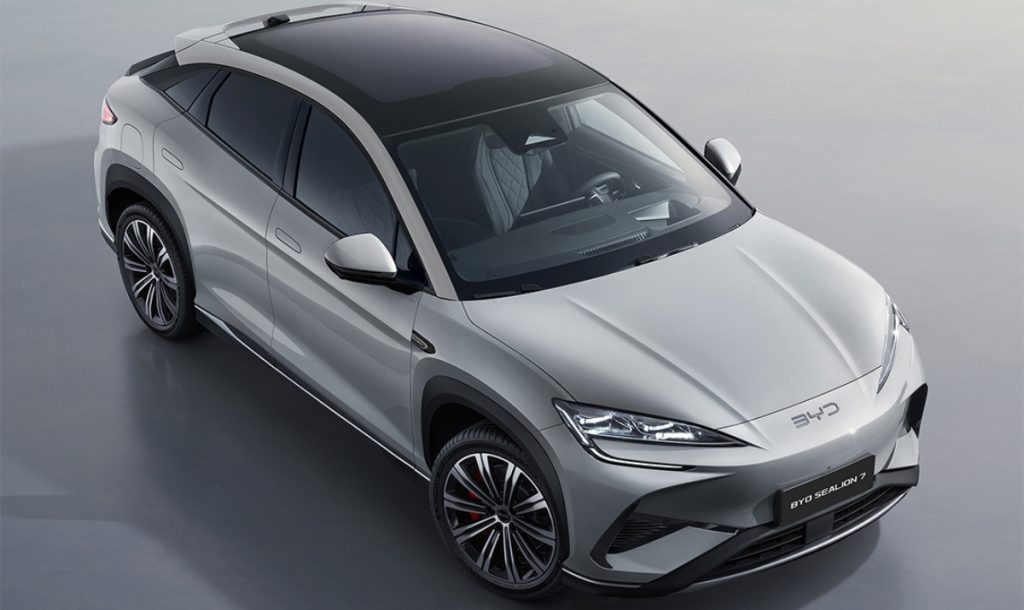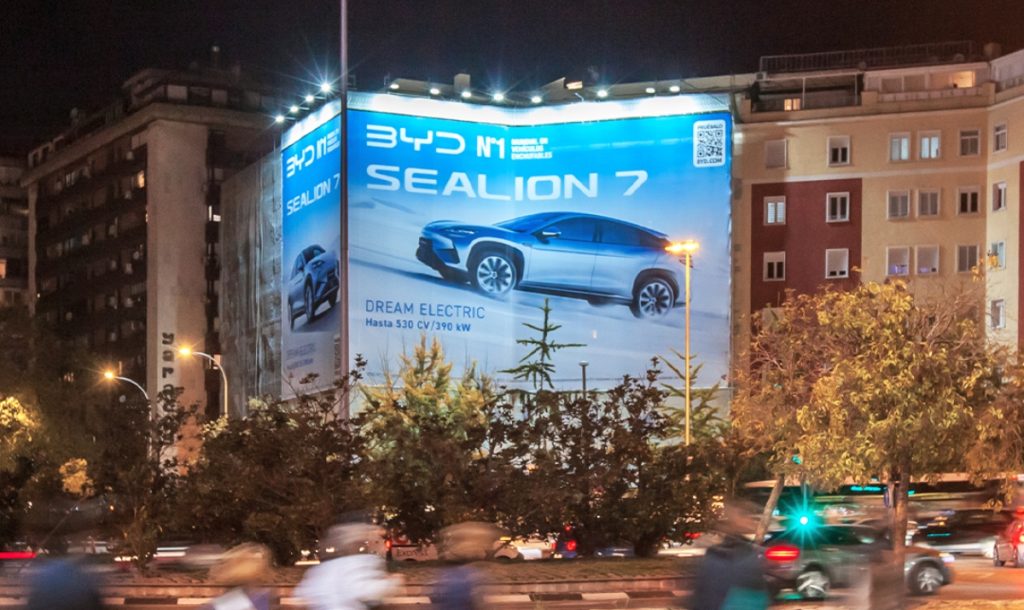
BYD to Update Vehicle Prices Starting 2025

The general manager of BYD for Spain, Alberto de Aza, confirmed that the brand will implement a pricing update starting January 1, 2025.
In an interview with Europa Press, he explained that the measure is more related to inflation than to tariffs imposed on Chinese electric cars.
However, to avoid tariffs, De Aza noted that the company plans to have manufacturing plants across all five continents.
You may also read: BYD’s Path to Becoming a Leader in Electric Vehicles
In Europe, they will establish a plant in Szeged (Hungary), where they aim to produce their first vehicle before 2026. In this regard, De Aza confirmed that the company has no plans to set up additional plants in Europe for the time being and that demand will dictate future plans.

Regarding a possible location in Spain, De Aza stated that this will depend on the competitiveness offered by the Spanish industry compared to countries in North Africa or Eastern Europe.
He highlighted the industrial competitiveness of countries like Romania, the Czech Republic, or Slovakia, but also emphasized that Spain has significant industrial value and that its government, regardless of its political leaning, will fight to keep the automotive sector as one of the pillars of the national economy.
Impact of Tariffs
“It will be easy for Chinese manufacturers to capture a 10% market share,” he pointed out.
The U.S.-based entity Citi updated its commercial outlook and strategies for the manufacturer, recognizing that it is poised to exceed its sales target of 5 to 6 million units in 2025, thanks to its expansion into various global markets.
However, De Aza noted that the turbulent environment in the European industry makes it difficult to provide accurate forecasts.

He also highlighted that on January 1, the CAFE emissions regulation for manufacturers will come into force, which could lead to the closure of factories across the continent.
According to the executive, the regulation will increase competition in the electric vehicle segment because traditional manufacturers will need to divert resources from combustion technologies to the electric vehicle business.
In this context, De Aza remarked that the intentions of Chinese groups are focused on gaining market share from their local competitors, predicting that “it will be easy” for them to achieve a 10% share.





